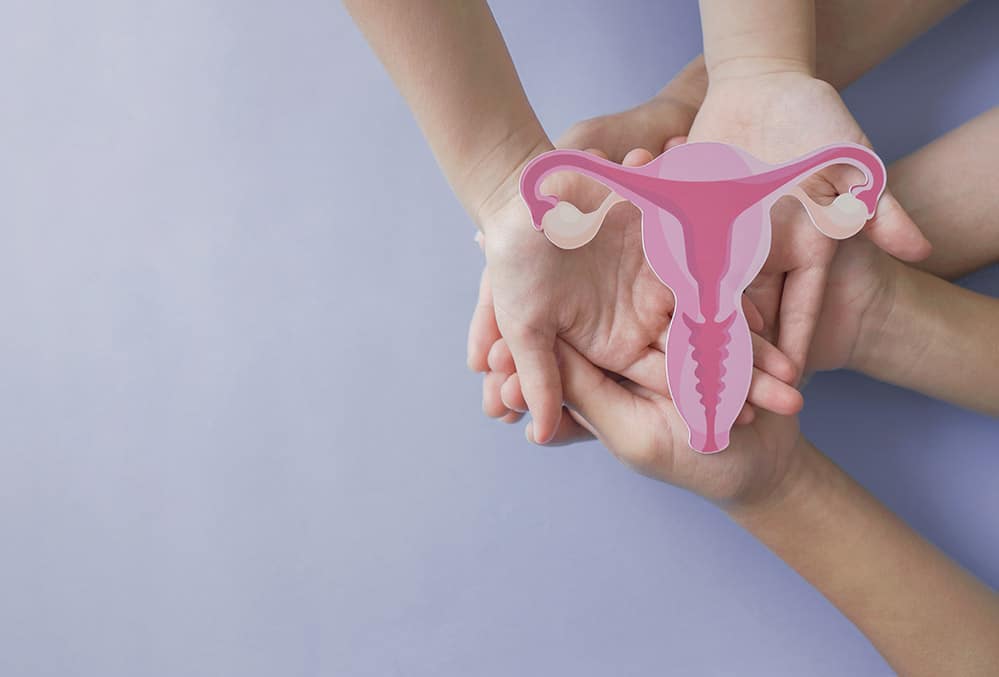What is GSM?
GSM stands for genitourinary syndrome of menopause. This describes a common condition that occurs in menopause due to the decrease in estrogen. It impacts many different systems in the pelvis including genitals, bladder health, and sexual function. Historically, we only discuss and screen vaginal dryness, but we know that the bladder changes that occur are also due to the decrease in estrogen.
How do I know if I’m experiencing GSM?
Some common symptoms that people can experience include:
Genital Symptoms:
- Vaginal dryness
- Burning or itching (pruritis)
- Pelvic pain
- Pelvic pressure
Urinary Symptoms:
- Strong signal to urinate that doesn’t reflect bladder volume (bladder urgency)
- Increased bladder frequency
- Recurrent UTIs
- Painful urination (dysuria)
- Urinary incontinence (stress and/or urge)
- Urethral caruncle (red vascular growth on urethra)
Sexual Function Symptoms:
- Pain with intercourse (dyspareunia)
- Decreased lubrication
- Decreased arousal (libido)
- Decreased or absent climax
How common is GSM?
We have research to support that anywhere from 53-84% of women experience GSM. Unlike some of the vasomotor symptoms of perimenopause (hot flashes), GSM is progressive and does not improve without proper treatment. Many people do not connect their vulvar symptoms as being related to their bladder function. We have hormone receptors all over the body, and the urethra, genitals, and bladder love estrogen.
How is GSM treated?
GSM is often progressive over time and does not typically resolve on it’s own without intervention. We recommend a comprehensive approach!
These are the most common and effective interventions:
- Moisturizers and Hyaluronic acid can improve hydration and overall tissue health – topical and suppository options
- Improving blood flow to vulvar tissues
- Improving vulvar hygiene – avoiding irritants (soap products, fragrances, etc.)
- Using lubricants without parabens, glycerins, or additives
- Bladder retraining – addressing urgency/frequency issues
- Vaginal estrogen – can be prescribed by primary care, Urology, Urogynecology, or OBGYN
- Pelvic Physical Therapy (PT) can address pelvic pain, pressure, urinary, and sexual symptoms to optimize health
Sources:
Angelou K, Grigoriadis T, Diakosavvas M, Zacharakis D, Athanasiou S. The Genitourinary Syndrome of Menopause: An Overview of the Recent Data. Cureus. 2020 Apr 8;12(4):e7586. doi: 10.7759/cureus.7586. PMID: 32399320; PMCID: PMC7212735.
Kim HK, Kang SY, Chung YJ, Kim JH, Kim MR. The Recent Review of the Genitourinary Syndrome of Menopause. J Menopausal Med. 2015 Aug;21(2):65-71. doi: 10.6118/jmm.2015.21.2.65. Epub 2015 Aug 28. PMID: 26357643; PMCID: PMC4561742.
Dubinskaya A, Kohli P, Shoureshi P, Breese C, Scott V, Anger JT, Eilber KS. The Role of Vibrators in Women’s Pelvic Health: An Alluring Tool to Improve Physical, Sexual, and Mental Health. Int Urogynecol J. 2024 May;35(5):1085-1092. doi: 10.1007/s00192-024-05775-7. Epub 2024 Apr 26. PMID: 38668760; PMCID: PMC11150285.
